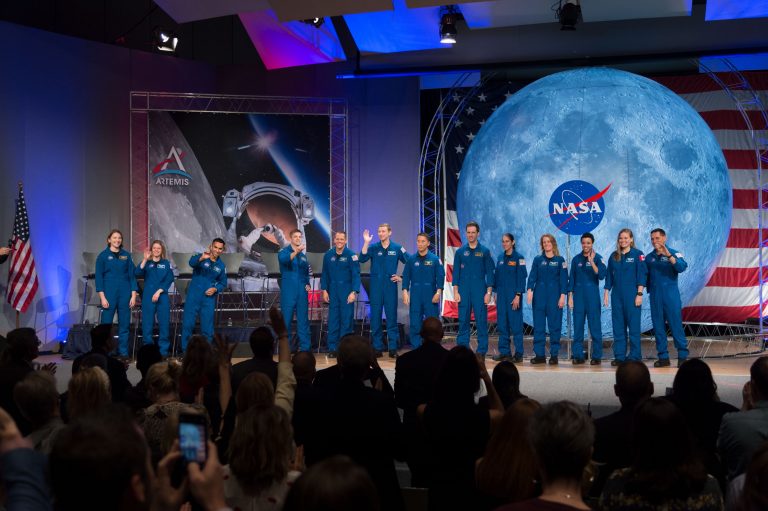
U.S. President Donald Trump is proposing a radical overhaul of the country’s space program that would lean heavily on private companies to lead the first human missions to Mars—while cutting NASA’s overall budget by a quarter, per Bloomberg.
The move sharply aligns with the ambitions of Elon Musk, whose SpaceX has long envisioned colonizing the Red Planet.
In a budget request sent to Congress late Friday, the White House asked for $18.8 billion for NASA in 2026, a steep drop from previous years, but earmarked more than $1 billion specifically for Mars exploration. A centerpiece of the proposal is a new initiative called the Commercial Mars Payload Services Program (CMPS)—modeled after an existing lunar program—that would see NASA award contracts to private companies for critical hardware, such as spacesuits, communications systems, and landing vehicles.
Register for Tekedia Mini-MBA edition 19 (Feb 9 – May 2, 2026).
Register for Tekedia AI in Business Masterclass.
Join Tekedia Capital Syndicate and co-invest in great global startups.
Register for Tekedia AI Lab.
“We must continue to be responsible stewards of taxpayer dollars,” wrote NASA Acting Administrator Janet Petro in a letter accompanying the budget. “That means making strategic decisions—including scaling back or discontinuing ineffective efforts.”
The proposed shift is part of a broader strategy to privatize core components of U.S. space exploration, cutting back on traditional government-run programs in favor of commercial partnerships. The model reflects the one used for the Commercial Lunar Payload Services (CLPS) program, which has benefited companies like Intuitive Machines, Astrobotic Technology, and Firefly Aerospace, though with uneven success.
Under the new Mars plan, SpaceX could be a major beneficiary. The company is already developing a variant of its Starship rocket for NASA’s Artemis lunar program, and Musk recently reiterated his goal of building a human settlement on Mars during an internal SpaceX briefing.
Trump’s pick to lead NASA, billionaire pilot, and entrepreneur Jared Isaacman, told lawmakers the agency could pursue both the Moon and Mars in parallel, doubling down on a strategy that sidelines the current government-led approach. Isaacman, who flew on a private SpaceX mission in 2021, is known for advocating commercial space exploration.
However, even Isaacman has acknowledged the downsides of the proposed cuts. The budget slashes deeply into NASA’s science programs, drawing criticism from across the space sector.
“It wouldn’t be an optimal outcome,” Isaacman said of the science cuts during recent budget hearings.
Phasing Out Legacy Hardware
Perhaps most controversially, the Trump administration’s budget reveals plans to phase out the Space Launch System (SLS)—a Boeing-built rocket that has cost billions—and the Orion crew capsule developed by Lockheed Martin, after just three flights. These flagship projects have been in development for over a decade and form the backbone of current moon plans.
Instead, the administration wants to pivot toward new commercial missions to the Moon, using a public-private model akin to the one that enabled SpaceX to develop its Falcon 9 rocket and Northrop Grumman to deliver cargo with Cygnus. The White House said this would minimize costs and reduce schedule risks.
But the proposal is expected to face fierce opposition in Congress, especially from lawmakers in states with a deep stake in the legacy NASA programs. Texas Republicans Sen. Ted Cruz and Rep. Brian Babin, longtime defenders of the SLS and Artemis architecture, are expected to push back against the cuts.
Former Republican lawmakers Newt Gingrich and Bob Walker—both space policy advocates—have publicly criticized the science reductions. Even among conservatives who support space privatization, there is concern that gutting NASA’s research capacity could undermine the long-term mission.
The Mars push, however, underscores how closely the Trump administration’s vision for space mirrors the roadmap drawn up by Musk. And with Isaacman as the agency’s public face, the pivot toward a commercially-led era of U.S. space exploration appears firmly underway—if it can survive the Congress.



